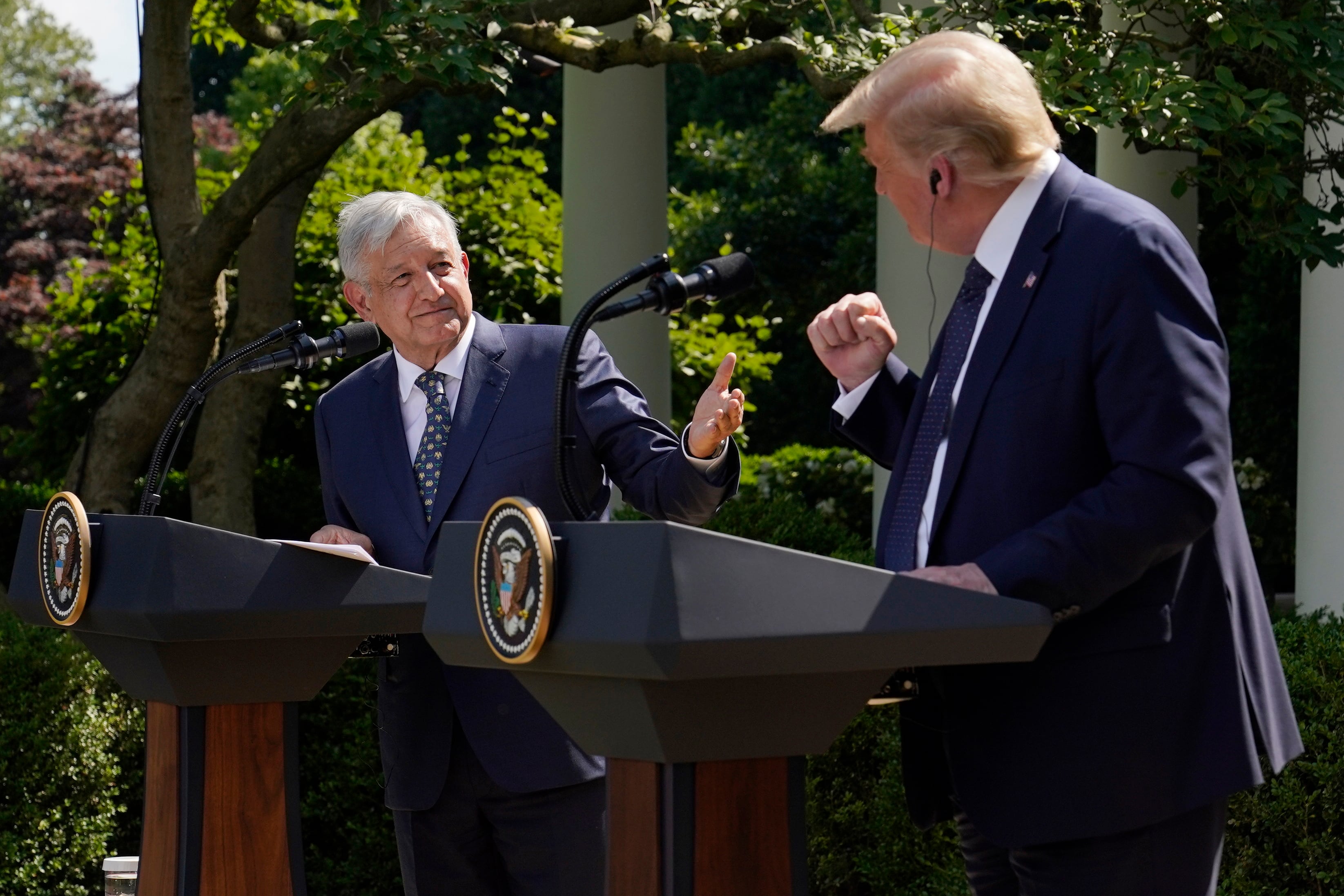WASHINGTON (AP) — Speaker Nancy Pelosi set a House vote for Thursday on limiting President Donald Trump's ability to take military action against Iran as Democratic criticism of the U.S. killing of a top Iranian general intensified.
Pelosi, D-Calif., announced the plan in a one-page statement that said last week's drone strike that killed Gen. Qassem Soleimani was “provocative and disproportionate."
The Democratic measure seems certain to pass over solid Republican opposition. A similar proposal by Sen. Tim Kaine, D-Va., faces an uphill fight in the GOP-run Senate and, even if passed, would be vetoed by Trump.
The House vote was scheduled shortly after a briefing on Iran by top administration officials that many Democrats criticized for lacking specific justification for the killing. Iran retaliated early Wednesday local time by launching missiles at two military bases in Iraq that house American troops; no casualties were reported.
“Members of Congress have serious, urgent concerns about the Administration’s decision to engage in hostilities against Iran and about its lack of strategy moving forward," Pelosi said in her statement.
“Congress hereby directs the President to terminate the use of United States Armed Forces to engage in hostilities in or against Iran or any part of its government or military" unless Congress declares war on that country or to prevent an attack by Iran on the U.S. and its forces, the five-page resolution says.
The measure is being sponsored by freshman Rep. Elissa Slotkin, D-Mich., a former CIA intelligence analyst who had served in Iraq.













